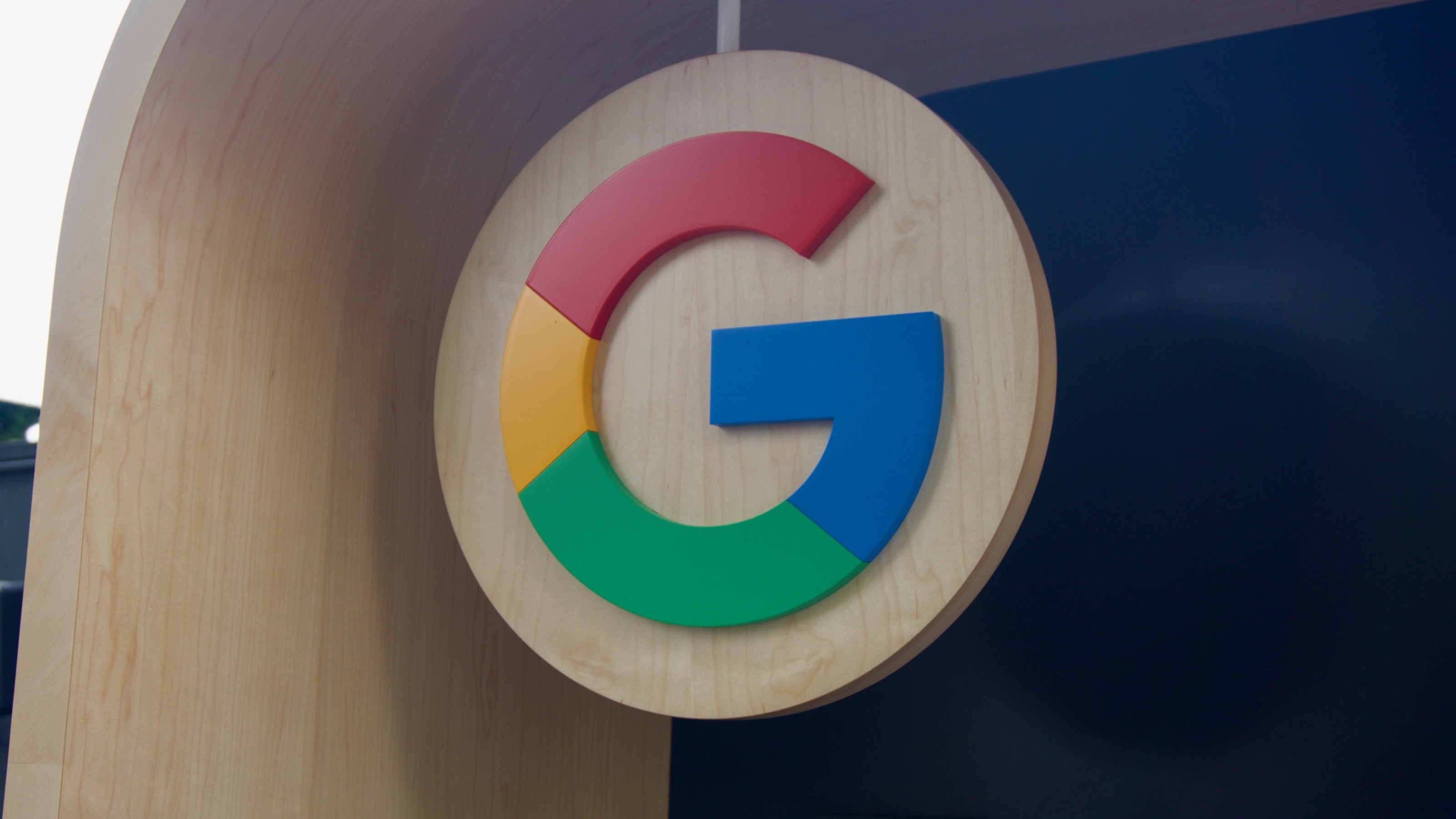
What you need to know
- Google has been found guilty of infringing on a Sonos smart speaker patent.
- A San Francisco jury has ordered the search giant to pay Sonos $32.5 million for the infringement.
- The patent in question involves Sonos' Zone Scene Management feature for smart speakers.
Sonos has won a patent infringement case it filed against Google for copying one of its smart speaker patents, with a San Francisco judge ordering Google to pay $32.5 million for the violation.
According to the jury's decision, Google will have to pay Sonos a per-unit royalty for each of the more than 14 million devices that Google sells that use Sonos' patented technology. The jury's decision orders Google to pay $2.30 for every device that uses the Sonos-owned patent (via The Verge).
The patent infringement dispute began in 2020 when Sonos accused Google of copying its patented technology for smart speakers. Later that same year, Google clapped back at Sonos with a countersuit alleging that the latter infringed on several of its patents and intellectual property, including mesh networking, echo cancellation, content notifications, and personalized search.
Meanwhile, Sonos claimed that Google had access to its technology after its 2013 partnership that led to the integration of Google Play Music into Sonos speakers. Sonos also said that Google had copied the technology and released cheaper products that it subsidized with revenue from search advertising. This includes technology that allows speakers to connect and sync wirelessly, which is a staple of many of the best Sonos speakers.
"This is a narrow dispute about some very specific features that are not commonly used," Google's communications team representative Peter Schottenfels said in a statement. "Of the six patents Sonos originally asserted, only one was found to be infringed, and the rest were dismissed as invalid or not infringed."
Google says it is considering its next move and reiterated that it has "always developed technology independently and competed on the merit of our ideas."
The lawsuit was filed with the Los Angeles Federal District Court and the U.S. International Trade Commission. Sonos notified Google of its infringement in 2016 and offered the search giant a licensing arrangement, but Mountain View's counter-offer meant a lower financial obligation on the part of Google for using Sonos' technology. Sonos’ case originally involved six patents, with four already dismissed as invalid.
The patent dispute resulted in an import ban on some Google products in 2022 after the ITC ruled in Sonos' favor. Regulators found that Google had used Sonos-owned technologies in its Nest speakers, Chromecast devices, and Pixel products. As a result, Google was forced to make changes to some of its products in order to comply with the ITC's order.







